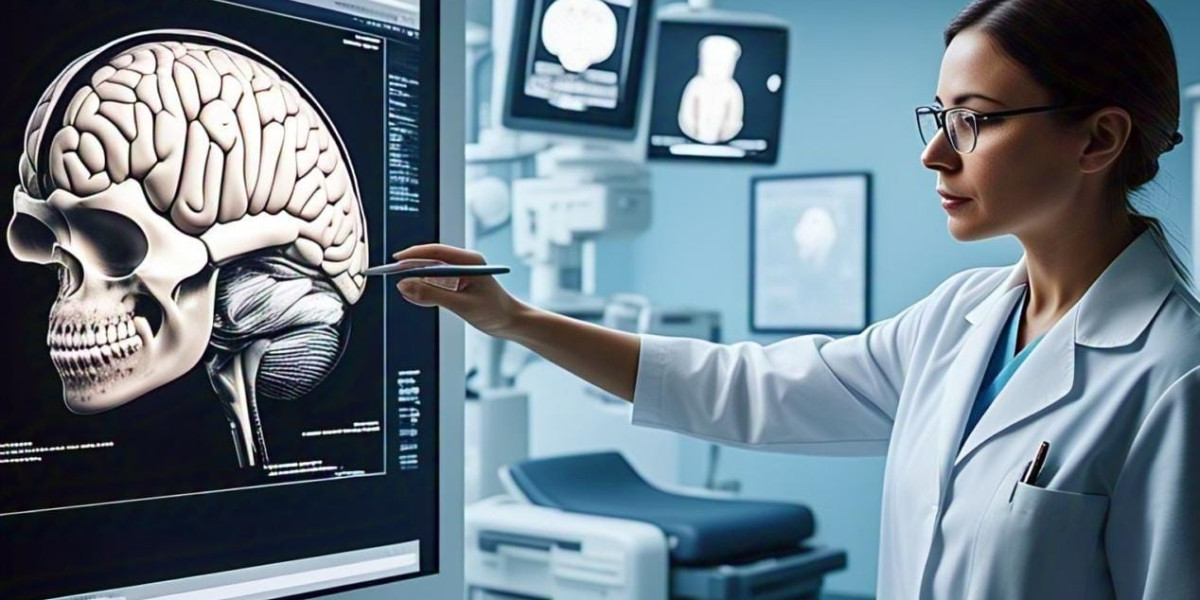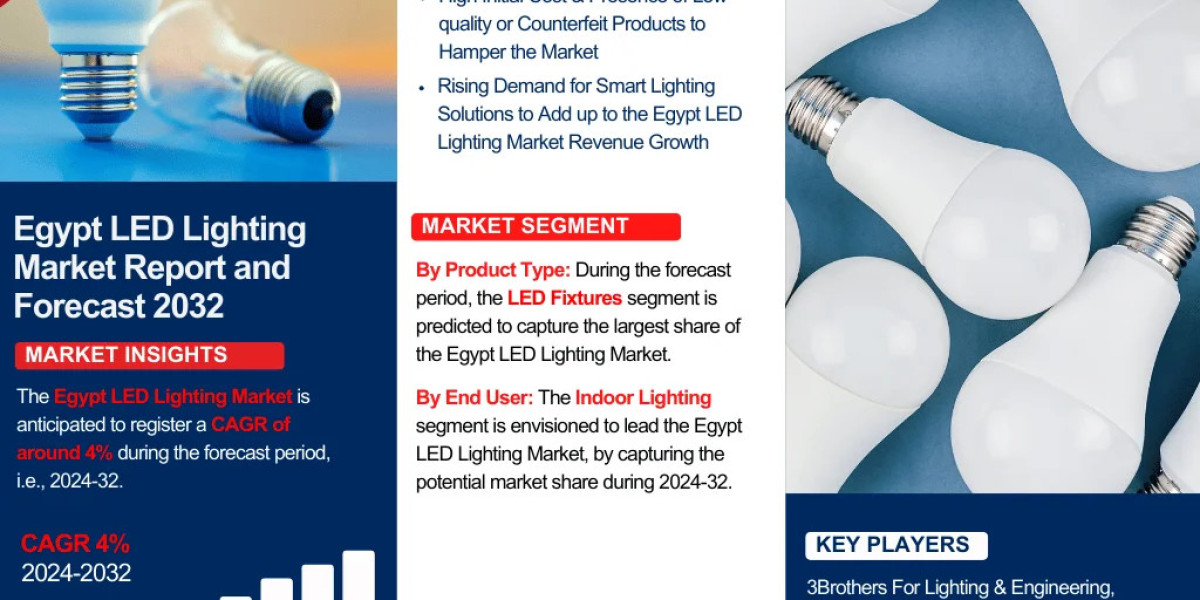Artificial Intelligence (AI) has emerged as a transformative force across many industries, and healthcare is at the forefront of this revolution. From accelerating diagnostics to tailoring treatment plans, AI-powered healthcare apps are reshaping the way patients receive care and how medical professionals operate. As mobile health (mHealth) continues to grow, AI integration into healthcare apps promises a future where healthcare is more accessible, accurate, and personalized than ever before.
The Rise of AI in Healthcare
Healthcare systems worldwide are under increasing pressure due to aging populations, chronic disease burdens, and limited access to medical professionals. AI offers a scalable solution to many of these challenges. By analyzing vast amounts of data, identifying patterns, and making predictions, AI enables faster and often more accurate diagnoses and supports clinicians in delivering evidence-based care.
Healthcare mobile apps for patients, powered by AI, bring this technology directly to the fingertips of patients and providers. These applications are designed not only to support basic health tracking but also to offer intelligent insights and real-time decision-making assistance.
Smarter Diagnosis: How AI Detects Diseases Early
One of the most impactful applications of AI in healthcare apps is in diagnostics. AI algorithms can process complex datasets, including medical images, electronic health records (EHRs), lab results, and even patient-reported symptoms, to assist in diagnosing diseases.
1. Medical Imaging and Pattern Recognition
AI-powered imaging apps can analyze X-rays, MRIs, and CT scans to detect abnormalities such as tumors, fractures, or organ anomalies with high precision. For example, apps integrated with deep learning models can detect early signs of breast cancer or lung nodules, often outperforming radiologists in specific diagnostic tasks.
2. Symptom Checkers and Chatbots
Conversational AI is being employed in symptom checker apps to provide preliminary assessments. These systems use natural language processing (NLP) to understand patient queries and machine learning to compare symptoms with large medical databases. Apps like Ada, Buoy, and Babylon Health use AI to suggest possible conditions and guide patients on the next steps—whether it’s seeing a specialist or managing symptoms at home.
3. Predictive Analytics
AI is also being used to predict the onset of diseases. By continuously monitoring patient data such as heart rate, glucose levels, and activity patterns, AI models can identify early warning signs of conditions like diabetes, cardiovascular diseases, or sepsis. For example, predictive algorithms in wearable-integrated apps can alert users and providers before a crisis occurs, facilitating timely intervention.
Personalized Care: Tailoring Treatment for Individuals
Personalized medicine is a key goal in modern healthcare, and AI is a powerful enabler of this approach. By considering each patient’s unique genetic, environmental, and lifestyle data, AI algorithms can create highly customized care plans.
1. Genomics and Precision Medicine
AI helps interpret genetic data to identify risks and determine the best treatment options. For instance, in oncology, AI models can analyze a patient’s tumor genomics to recommend targeted therapies with the highest likelihood of success. Several apps are now beginning to integrate genomic data to inform treatment for conditions ranging from cancer to rare diseases.
2. Medication Management
AI-powered apps can analyze a patient’s medical history, current medications, and potential drug interactions to optimize treatment regimens. These apps can alert users to missed doses, track side effects, and suggest adjustments, enhancing both safety and efficacy. Apps like Medisafe have integrated AI to improve adherence and personalize reminders based on user behavior.
3. Mental Health and Behavioral Insights
Mental health apps are using AI to detect mood changes and provide tailored cognitive-behavioral therapy (CBT) exercises. By analyzing user input, voice tone, and even smartphone usage patterns, these apps can predict depressive episodes or anxiety spikes. For example, Woebot and Wysa use conversational AI to offer empathetic support and evidence-based mental health interventions.
Benefits for Healthcare Providers
While patients benefit from convenience and personalization, healthcare providers gain tools that enhance decision-making and efficiency.
Clinical Decision Support: AI apps offer clinicians evidence-based recommendations, reducing diagnostic errors and improving treatment outcomes.
Workflow Automation: AI can streamline administrative tasks such as scheduling, billing, and documentation, allowing doctors to focus more on patient care.
Remote Monitoring: Through AI-integrated apps and wearables, clinicians can monitor chronic conditions remotely, reducing the need for hospital visits and readmissions.
Challenges and Considerations
Despite the promise, there are challenges to widespread adoption of AI in healthcare apps:
Data Privacy and Security: Healthcare apps handle sensitive personal data. Ensuring HIPAA compliance and robust encryption is essential to protect user privacy.
Bias and Accuracy: AI algorithms are only as good as the data they’re trained on. Biased or incomplete datasets can lead to inaccurate diagnoses and disparities in care.
Regulatory Hurdles: Many AI-powered medical apps must undergo rigorous regulatory approval. This process can be lengthy and may slow innovation.
Integration with Clinical Workflows: For AI to be truly effective, it must seamlessly integrate with existing healthcare systems and be accepted by medical professionals.
The Future of AI in Healthcare Apps
As AI technologies continue to evolve, their integration into healthcare apps will deepen. The future holds promise for more proactive, predictive, and preventive care:
Voice and Emotion Recognition: Apps will increasingly use voice analysis to detect signs of stress, respiratory issues, or neurological conditions.
Multimodal Data Fusion: Combining data from genomics, imaging, wearables, and EHRs will provide a holistic view of patient health.
AI-Powered Virtual Health Assistants: These assistants will offer 24/7 personalized support, from managing chronic diseases to navigating healthcare services.
Conclusion
AI is not just a buzzword in healthcare—it’s a transformative technology that’s reshaping how care is delivered. Through smarter diagnosis and highly personalized care, AI-powered healthcare apps are improving outcomes, reducing costs, and empowering both patients and providers. While challenges remain, the trajectory is clear: AI will be a central pillar of the digital health ecosystem in the years to come.
For patients, this means more control, earlier interventions, and care that truly fits their needs. For providers, it’s a step toward more informed, efficient, and empathetic practice. In short, AI in healthcare apps is not just making healthcare smarter—it’s making it more human.
Read more : Exploring the Impact of E-commerce on Healthcare Accessibility and Convenience








